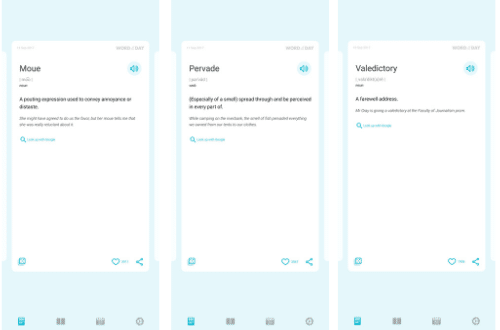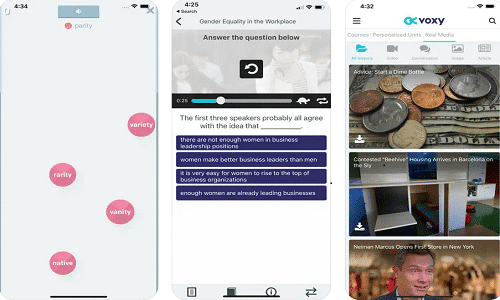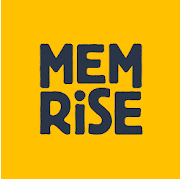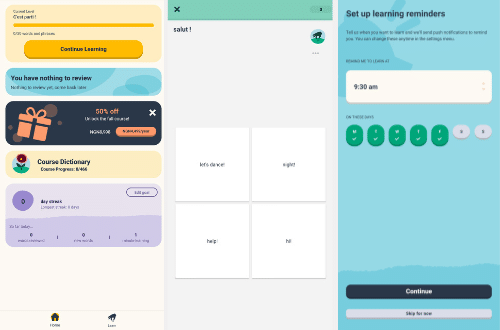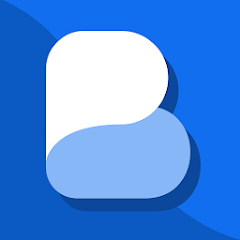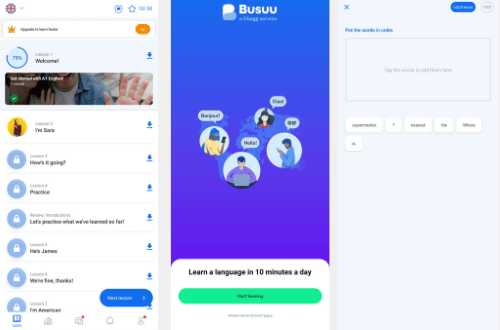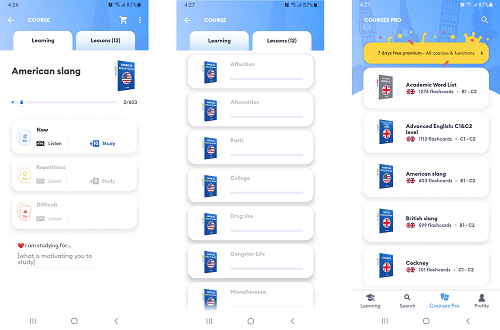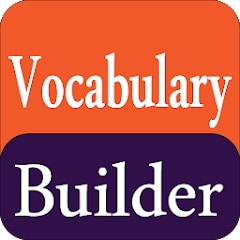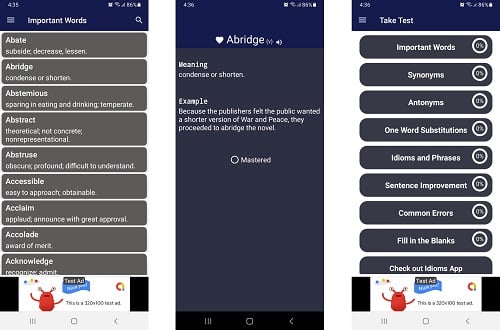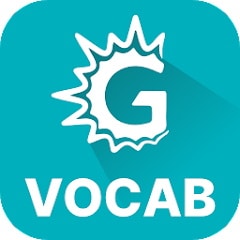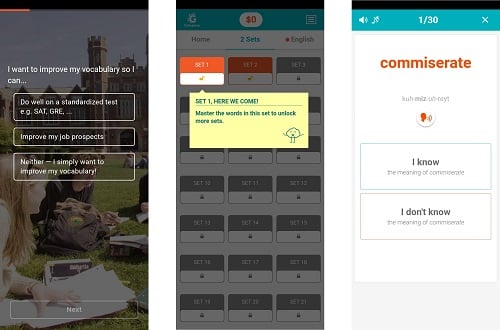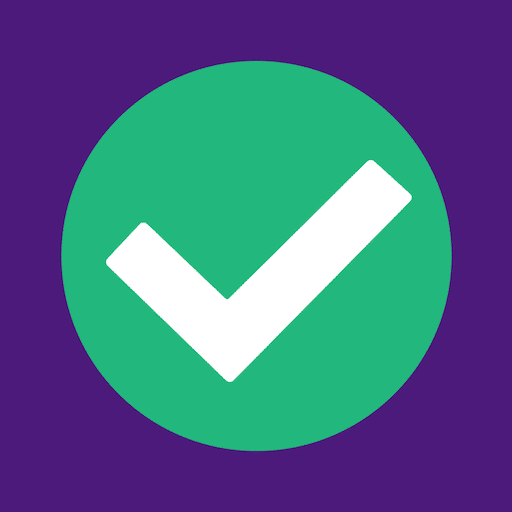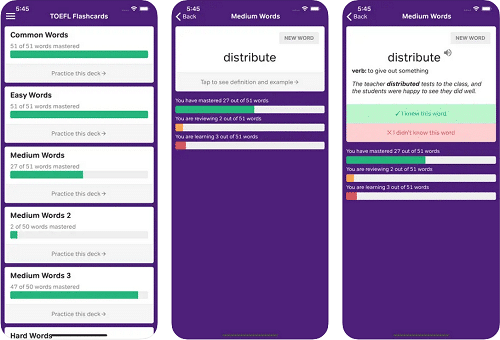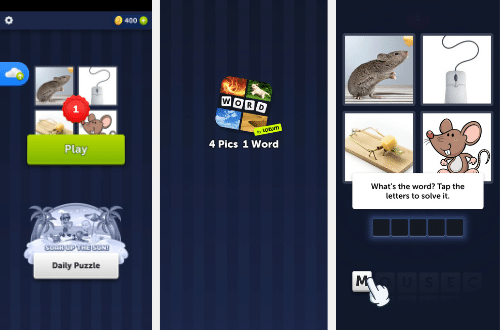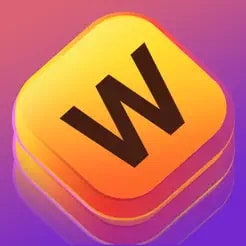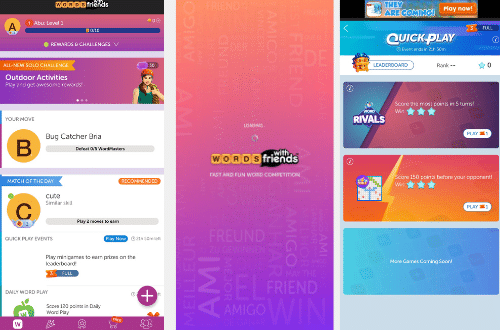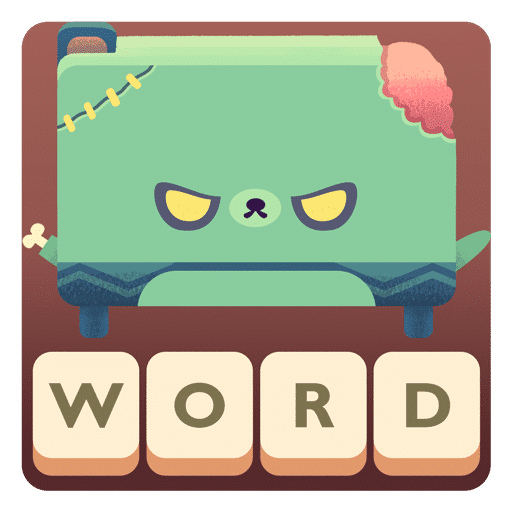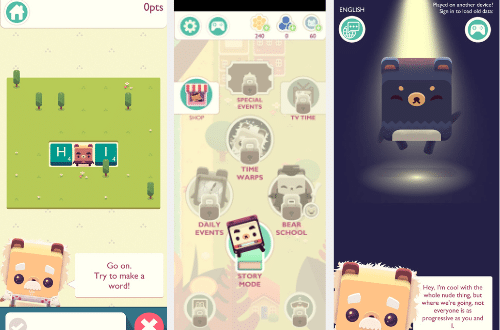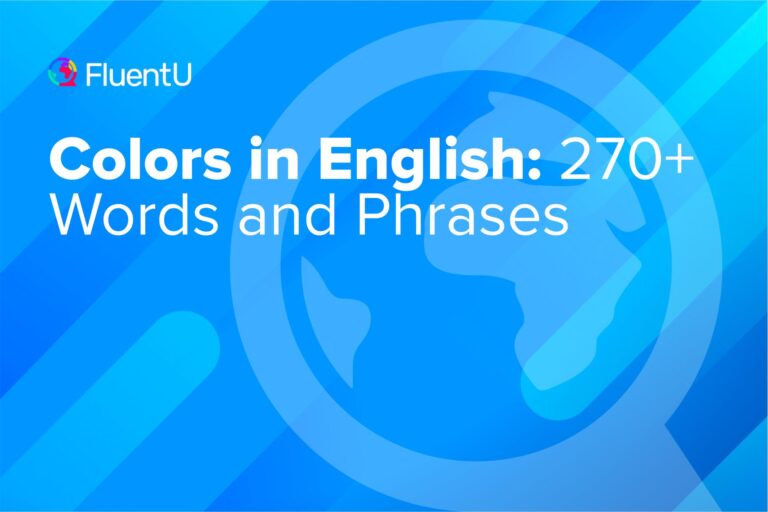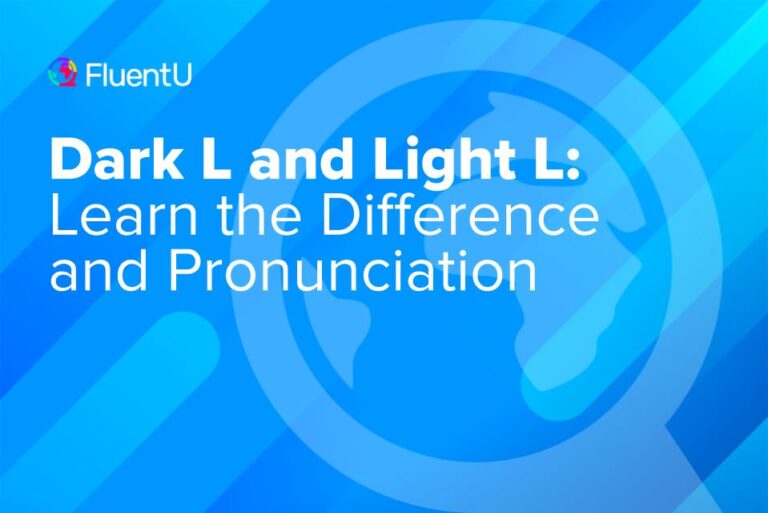Contents
- 1. Best Overall: WordUp
- 2. Best for Busy Learners: Word of the Day
- 3. Best for Learning with Video: FluentU
- 4. Best for Business English Learners: Voxy
- 5. Best for Flashcards: Memrise
- 6. Best All-in-one App: Busuu
- 7. Best for Pronunciation Practice: VocApp English Flashcards
- 8. Best for Beginners: English Vocabulary Builder
- 9. Best for GRE Prep: Ultimate GRE® Vocabulary Prep
- 10. Best for TOEFL Takers: TOEFL English Vocabulary Cards
- 11. Best for Image Association: 4 Pics 1 Word
- 12. Best for Game Lovers: Words With Friends
- 13. Best for Puzzle Lovers: Alphabear 2
- And One More Thing...
The 13 Best English Vocabulary Apps [Updated for 2024]
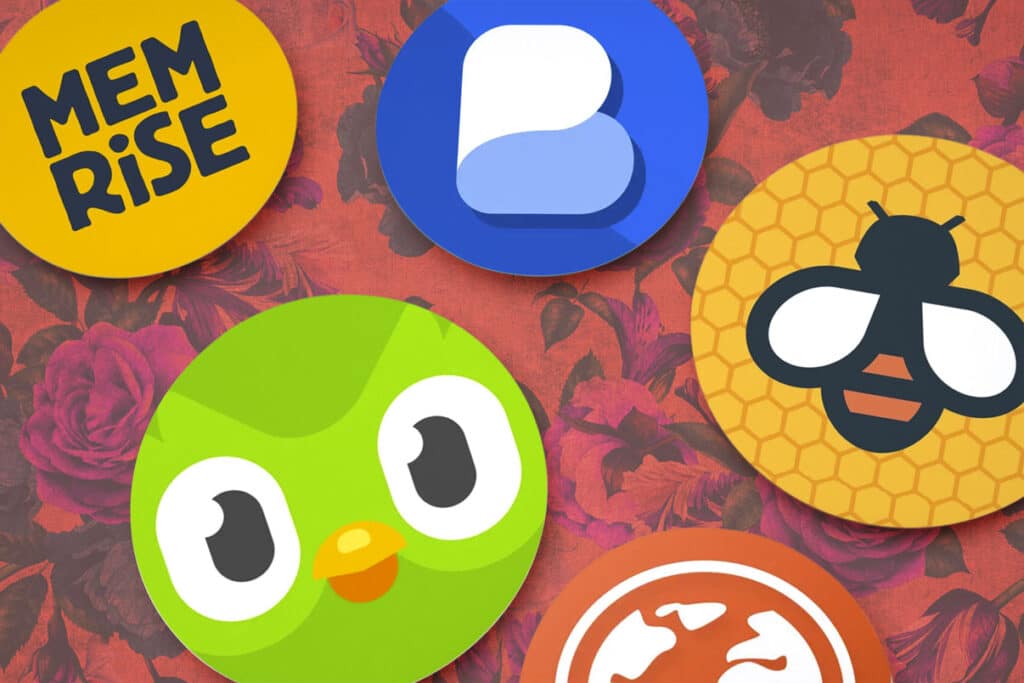
Vocabulary is one of the most important aspects of learning English. To help you with this, you need a great English vocabulary app, but there are so many to choose from.
Read on to learn about the 13 best English vocabulary apps for every type and level of learner.
Download: This blog post is available as a convenient and portable PDF that you can take anywhere. Click here to get a copy. (Download)
1. Best Overall: WordUp
Summary: Next-generation English vocabulary app that uses spaced repetition, a “Knowledge Map” that shows you where you stand, and far beyond simple definitions, the app brings every word to life with videos, images, expert analysis and lots of examples.

Pros:
- Solid research-backed approach
- Knowledge Map lets you know your progress
- Teaches the most used words in English
Cons:
- No sentence structure lessons
- Sign-up process is somewhat long
Of all the English vocabulary apps I tried for this post, WordUp is my favorite by far. It has unique features such as the Knowledge Map, so I always know where I’m standing in terms of vocabulary progress.
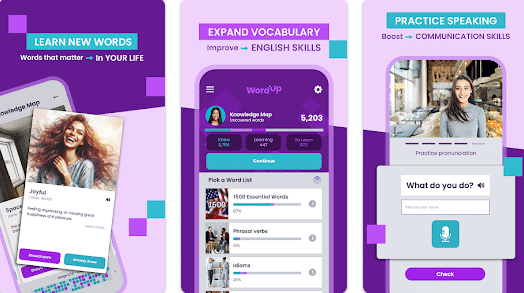
I also loved the AI chat features so I could chat and actually use the words, which has been shown by language researchers to be the most effective way of remembering new words. I also loved that the app teaches the most used words in English, so I’m not wasting my time on words that never come up.
2. Best for Busy Learners: Word of the Day
Summary: True to its name, Word of the Day provides a quick and easy way to pick up new words every day.
Available on: iOS
Price: Free (with in-app purchases)
Pros:
- Easy and straightforward to use
- Gives you the basics (definition and pronunciation)
- Clean interface
Cons:
- The ads may be off-putting
- Alternate meanings may not be available
- Lack of customization
Word of the Day is exactly what it sounds like. By tapping on any word shown in the app, you can learn its spelling, pronunciation and a basic definition.
The best way to learn new words is to make them a daily habit. If you are busy and cannot devote much time to learning, this is a very simple app to help you out.
3. Best for Learning with Video: FluentU
Summary: FluentU allows you to learn new words by using them in context—specifically, through videos with interactive subtitles where the words are featured.
Price: Monthly subscription (free trial available)
Pros:
- Content allows you to see the words in context
- Works best for visual learners
- Interactive subtitles allow you to look up valuable information about words and phrases
Cons:
- Not an all-around language-learning app
- Free version is fairly limited
- Not designed to teach you about culture (there are other resources for that)
FluentU works as a video dictionary, letting you look up any word and find all clips in the library that feature your search. After you finish a video, you can review new vocabulary through quizzes and multimedia flashcards.
The app uses authentic videos such as music, news, politics and more to grow your English vocabulary. The videos are targeted toward native speakers, so you will learn words as they are actually used.
FluentU takes authentic videos—like music videos, movie trailers, news and inspiring talks—and turns them into personalized language learning lessons.
You can try FluentU for free for 2 weeks. Check out the website or download the iOS app or Android app.
P.S. Click here to take advantage of our current sale! (Expires at the end of this month.)

4. Best for Business English Learners: Voxy
Summary: Voxy is a great way for corporate employees to boost and brush up on their English skills in a structured environment.
Price: Free (with in-app purchases in the form of tutoring credits)
Pros:
- Allows you to focus your lessons on what you need to learn
- Has content for audio and visual learners
- Allows you to get real-time feedback
Cons:
- Not available for individual use
- May not be comprehensive enough for some learners
- May suffer from bugs at times
Voxy focuses on English training for corporate employees. The app adapts to your needs and gives you personalized lessons.
Whether you need English words to pass an exam or meet a client, Voxy ensures you pick up the relevant vocabulary. It does so by analyzing your learning needs and providing audio and visual content. You can take your lessons anywhere and get fun practice options like karaoke-style music lessons.
You can schedule a one-on-one live tutoring session and receive feedback. If you are learning with others, Voxy is specially designed to help with that.
5. Best for Flashcards: Memrise
Summary: If you want a flashcard app packed with a few more features, Memrise is a good one to try.
Price: Free (premium subscriptions available)
Pros:
- Designed to help you make the most of your language learning
- Customizable lessons
- User-friendly
Cons:
- Suffers from the usual issues with flashcards (i.e., new vocabulary and concepts are taught in isolation)
- Decks are sometimes user-generated, so the accuracy of the content can be questionable
Memrise is essentially a flashcard app. But it is more than that: the app uses SRS (Spaced Repetition System), which helps you remember words and phrases faster.
The app uses video examples of language used in real life. The gamified method of learning will also keep you entertained and motivated to continue learning.
Memrise also has courses created by the company and other users, giving you tons of options to suit your learning style. If you want a more methodical (structured) approach, you can start from their beginner courses and move on to the advanced ones.
See our full review of Memrise here.
6. Best All-in-one App: Busuu
Summary: Busuu is an app that can help not only with vocabulary but also with reading, writing and speaking.
Price: Free (premium subscriptions available)
Pros:
- Comprehensive
- Emphasizes learning with others
- Customizable
Cons:
- Quality of lessons is not consistent
- Can get inaccurate feedback on language skills
- May be boring for some users
Busuu is a great app for connecting with one of the largest online learning communities. According to its website, millions of language lovers are part of its worldwide network. The features are focused on community-based learning—like a video chat platform, for example.
The app covers all areas of language acquisition, meaning it can be used as a comprehensive learning approach. Not only will you pick up English vocabulary, but you can also practice writing, speaking and reading every word you learn.
Once you have mastered the basics, you can connect with native speakers and learners from all over the world to help you with difficult vocabulary.
See our full review of Busuu here.
7. Best for Pronunciation Practice: VocApp English Flashcards
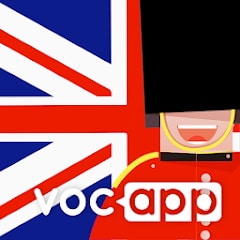
Summary: VocApp English Flashcards give you not only the definition of a word, but also important information like pronunciation and example sentences.
Price: Free (with in-app purchases available)
Pros:
- Classifies vocabulary into clear categories
- Gives you the option to use flashcards and listen to the words
- Pronunciation practice included
Cons:
- Only teaches vocabulary words
- Those looking for a more systematic progression through lessons may feel that this falls short
- Notifications can be intrusive
VocApp English Flashcards is unique in that it teaches you every aspect of a vocabulary word—from pronunciation to example sentences to definitions. You can even create your own flashcards in the app for a more customized experience depending on the category you want to learn (e.g., American slang).
Flashcards are still popular for a reason—they really do work when teaching vocabulary words! And this little flashcard app is perfect for English learners at any level.
8. Best for Beginners: English Vocabulary Builder
Summary: English Vocabulary Builder classifies words according to categories, where you can test yourself on how well you know those words.
Available on: Android
Price: Free (with in-app purchases)
Pros:
- Teaches essential information like the type of word, definition and example sentence
- Allows you to test yourself
- Allows you to easily navigate mastered / not mastered words
Cons:
- Has intrusive ads
- Example sentences may be too lengthy
- Clicking a word automatically marks it as “mastered,” whether you have actually mastered the word or not
This app’s interface is simple and user-friendly. Choose a word theme (such as “Important Words” or “Antonyms”) and take the test to see how well you know that particular word set. Then, you can review the words you incorrectly defined and save them to a custom list to study later.
All levels of learners can use this handy vocabulary builder, but beginners will benefit the most from the vocabulary words provided.
9. Best for GRE Prep: Ultimate GRE® Vocabulary Prep
Summary: GRE takers can benefit from Ultimate GRE® Vocabulary Prep—but so can beginners.
Price: Free
Pros:
- Gauges your level of understanding of vocabulary words
- Provides audio and pronunciation tips
- Logical progression of lessons
Cons:
- Does not provide information like synonyms and antonyms
- Has some bugs
- Covers only the vocabulary section of the GRE
This app is one of the most popular English vocabulary apps on the Google Play store and for good reason. Not only is it great for learning English words, but the design and game-like functions make it addictive.
For every word you correctly define, you earn points. With these points, you can unlock more words as you improve your fluency.
If you are studying for the GRE—the test graduate school candidates take in North America—you are in luck. This app teaches you the small nuances (details) of different English words, which you need to pass the GRE.
This app works best for intermediate and advanced learners, but beginners who want a challenge can try it out too!
10. Best for TOEFL Takers: TOEFL English Vocabulary Cards
Summary: The name speaks for itself—you can certainly prepare for TOEFL with this vocabulary card app.
Price: Free
Pros:
- Specially designed for TOEFL test takers
- Reviewed by language experts
- Allows focused study
Cons:
- May have limited value outside of TOEFL
While this is yet another English flashcard vocabulary app, it works for any English learner currently cramming for the Test of English as a Foreign Language (TOEFL).
You can access hundreds of vocabulary words selected by a professional TOEFL tutor and quiz yourself through digital flashcards.
Intermediate and advanced learners will benefit the most from this app.
11. Best for Image Association: 4 Pics 1 Word
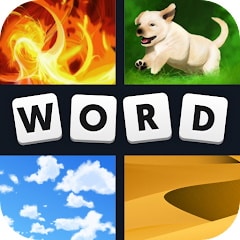
Summary: If you are a visual learner who wants a challenge, 4 Pics 1 Word is worth a try.
Price: Free (with in-app purchases)
Pros:
- Tests your pattern-spotting abilities
- Difficulty level increases
- Fun way to spend your free time
Cons:
- No way to check for the dictionary definition of each word
- Some puzzles may be too difficult
- Existing levels may not be enough
If you love riddles and prefer a visual learning approach, 4 Pics 1 Word is the app for you.
Not only will it help you sharpen your mental skills, but it will also help you build a vocabulary for everyday objects and other common words.
The way it works is simple: you will get four pictures that share a common quality or element. You must guess the word that connects them together.
New puzzles are always being added and there are many levels to explore, so you will not run out of material anytime soon.
12. Best for Game Lovers: Words With Friends
Summary: Words With Friends works like an online game of Scrabble—and then some.
Price: Free (with in-app purchases)
Pros:
- Added features elevate it beyond the standard Scrabble game
- Has a competitive element
- Addictive
Cons:
- Some words have no definitions
- Has intrusive ads
- Can be buggy
Ever played the board game Scrabble? If you have, you know how fun it is to put random letters together to create the highest-scoring words.
Words with Friends provides a similar experience and much more.
Even if you do not know what Scrabble is, Words With Friends is pretty easy to learn. You have a grid and areas that offer a certain number of points. You have to choose letters and form words in the right parts of the grid to score as much as possible. Your opponent may use some of your letters to form new words and get points.
There is also a “hindsight” option that shows you the best word you could have played in the previous turn, an offline mode and weekly challenges.
By playing regularly, you will better remember the new words you encounter and expand your vocabulary further.
13. Best for Puzzle Lovers: Alphabear 2
Summary: Puzzle lovers will enjoy learning and having fun with Alphabear—not to mention make use of a built-in English dictionary.
Price: Free (VIP subscription available)
Pros:
- Provides definitions in-game
- Rewards you for longer words
- Adorable art
Cons:
- Intrusive ads
- Some words may be restricted
For those who love puzzle games, Alphabear is an extremely fun game to start your vocabulary learning.
You have to spell new words and when you select letters adjacent (next) to each other, cartoon bears will appear. These bears may increase the points, extend the timer or help you out in some other way.
The game’s design is cute and fun so you have a good time while you play. There is even a built-in dictionary for English learners. If you are tired of memorizing new words, this game will help you pick up where you left off.
When using these apps, try to pick up English phrases and words relevant to you and review them now and then. Look for opportunities to use these newly-learned words often.
Even if you make mistakes, learn from them and keep at it. As long as you are passionate and disciplined about your learning, you can grow a beautiful English word garden!
Download: This blog post is available as a convenient and portable PDF that you can take anywhere. Click here to get a copy. (Download)
And One More Thing...
If you like learning English through movies and online media, you should also check out FluentU. FluentU lets you learn English from popular talk shows, catchy music videos and funny commercials, as you can see here:
The FluentU app and website makes it really easy to watch English videos. There are captions that are interactive. That means you can tap on any word to see an image, definition, and useful examples.
For example, when you tap on the word "searching," you see this:
Learn all the vocabulary in any video with quizzes. Swipe left or right to see more examples for the word you’re learning.

FluentU helps you learn fast with useful questions and multiple examples. Learn more.
The best part? FluentU remembers the vocabulary that you’re learning. It gives you extra practice with difficult words—and reminds you when it’s time to review what you’ve learned. You have a truly personalized experience.
Start using the FluentU website on your computer or tablet or, better yet, download the FluentU app from the iTunes or Google Play store. Click here to take advantage of our current sale! (Expires at the end of this month.)

